When you think about blockchain, you will always think in relation to cryptocurrencies like bitcoins to ensure a secure transaction, foolproof identity and distributed ledger unlink centralized entities like banks. These features of blockchain have applicability to a variety of other industries while dealing with different types of documents, sharing information, making payments, and exchange of information. It is applicable to many industries. For example, in the construction industry, it is possible to use this technology for strategic project execution involving multiple vendors, contractors, and safety regulations. Blockchain concepts can be applied to any project management practice.
Table of Contents
Blockchain
Let’s understand a bit about blockchain before discussing how it can be useful in the project management process. Blockchain as you may be aware is the technology that supports distributed ledger concept where every transaction is a block created digitally and authorized by everyone in the network. Once the block is added to the blockchain, it can be viewed publicly by everyone on the network and it is impossible to manipulate. Security is an outstanding benefit of blockchain. Using cloud storage systems is secure than earlier solutions.
What is Blockchain in Project Management?
Blockchain allows the maintenance of an immutable record of events or transactions with the help of distributed ledger technology. This property can conceivably change the PMO of any association and its practices. The next-generation project management workflows can be powered with the help of the it as well.
Building Trust
Blockchain can serve as a platform of trust as the information available in the blockchain ledger is untainted and in order to manipulate the data or tamper with the data, it requires an enormous amount of computing power. The project manager can completely rely on the information available in the blockchain-related to projects like timeline, cost, and schedule information to make informed decisions. Any changes made to the blockchain ledger (or block) need to be authorized by everyone in the network before it comes available to everyone.
One Source of Truth
Project managers need reliable information to make quicker and quality decisions. This technology provides a single platform of truth by maintaining information related to settlements, milestone status, project status, or activities and resources. With the trust established, the information can be exchanged between multiple parties including companies, vendors, and suppliers seamlessly without manual intervention or reconciliation of documents.
Manage Project Constraints Effectively
The objective of any project manager is to manage the project constraints in order to meet schedule and budget requirements. The blockchain is tamper-proof due to the nature of the implementation of the consensus-based algorithms and the blockchain-based PM tool can enable project managers in superior project operational workflows. By decentralizing and hash-enabled blocks, blockchain saves time and energy for the project managers to utilize their time wisely by avoiding manual effort.
Smart Contracts
Smart contracts are nothing but predefined pieces of code written and stored in the blockchain and get executed automatically when certain conditions are met. These smart contracts are immensely useful in business collaboration settings where agreement is enforced between all parties involved without a central party. Since smart contracts are automated, project managers need not spend manual time processing paperwork or do reconciliation. Every block in the blockchain is heavily encrypted, so the project information is untainted and available to everyone at the highest level of transparency.
Project Status
Project managers spend a great deal of time communicating the project status to all the project stakeholders. Project managers also monitor changes to the project baseline including cost and schedule and make proper improvements to the plans. This information is important to any project manager to keep the project on course and sometimes the PM verifies the corrections manually due to the nature of information (could be mutable) and spends a great deal of effort. With blockchain authentication and verification, a project manager can now spend very little time communicating the status to stakeholders.
Limitations of Blockchain in Project Management
Let’s now see some of the hurdles that blockchain entails while dealing with project management.
- Blockchain technology is nascent and is still in its infancy the exploration outside of financial markets is very low.
- Signature verification is usually slower than a regular process as everyone on the network needs to verify leading to redundancy.
- Regulatory and statutory compliance requirements could become a bottleneck when implementing blockchain technology when it comes to settlements and invoices from projects
- The amount of energy required to implement a blockchain network is immensely huge and is unsustainable in the long run
- Onboarding all vendors and stakeholders in the project to the blockchain platform can prove to be a daunting task.
Conclusion
Blockchain technology offers a new approach for organizations to complete the projects on time, with high efficiency, and low cost compared to traditional management methodologies. However, adapting to a new system often takes time.
Blockchain is still evolving and is at the very initial stages of development before its full power can be unleashed. But in an effort to create distributed ledger to store all project-related information, the project manager can seamlessly communicate the schedule, cost, issues, risks to all the stakeholders in no time and with 100% transparency in project management. The platform can also provide confidence to all the stakeholders as it provides guaranteed and untainted information related to the project status.
There are still some blockchain-related project management positions open when you look at glassdoor or indeed.com. This clearly proves a point that organizations are still pursuing to push the boundaries in the blockchain.
Further Reading
See Also
Ramkumar Arumugam is working as a Sr. Program Manager with 15+ years of success in leading all phases of diverse technology IT Projects in retail, e-commerce, insurance and pharma market research industries. He is a regular contributor to projectcubicle.com

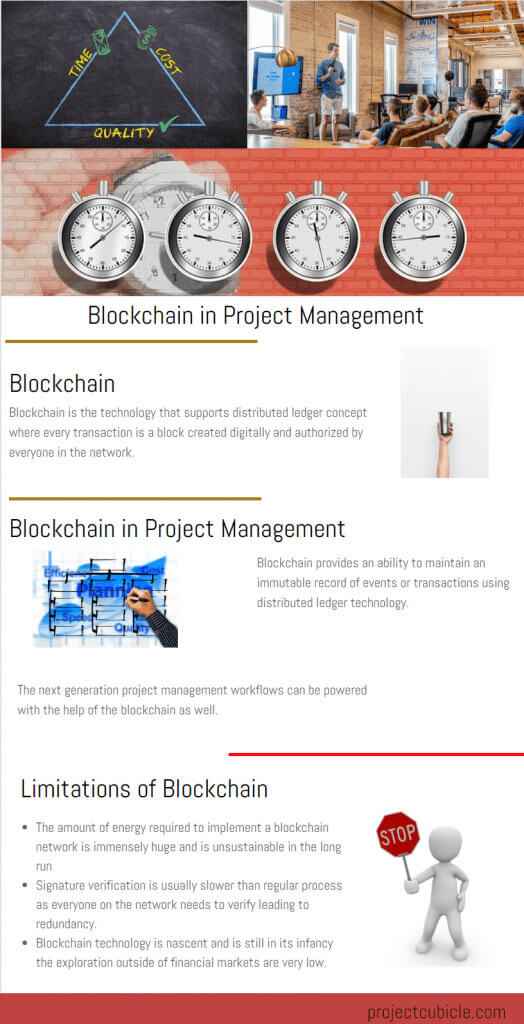
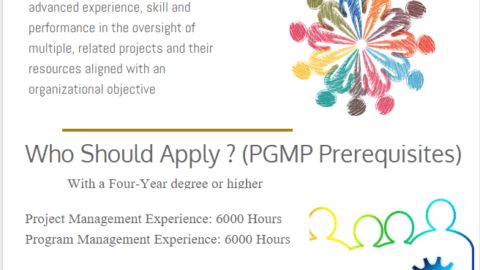
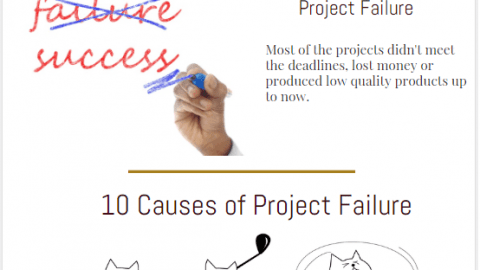
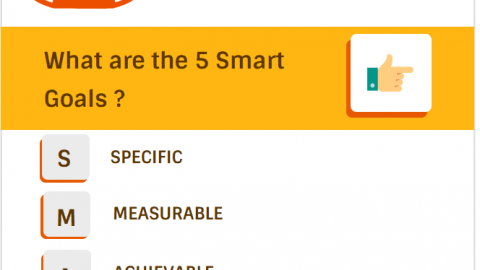
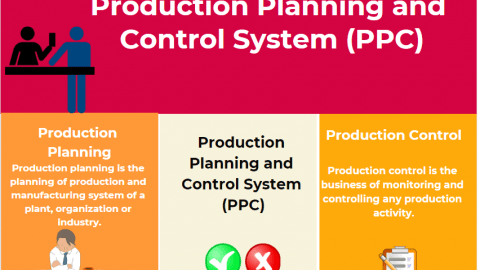

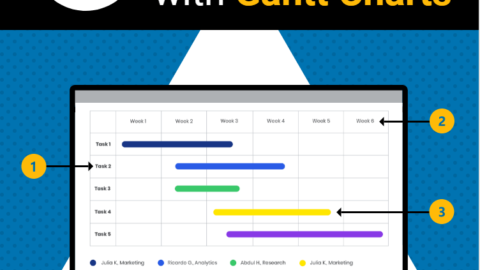
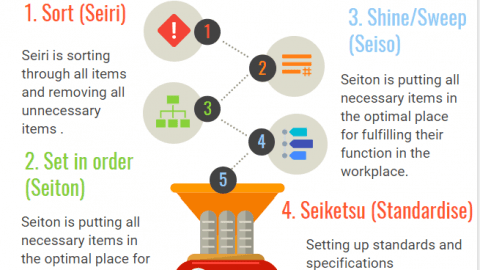


This is an excellent post I have seen thanks to sharing it. It is really what I wanted to see hope in future you will continue for sharing such an excellent post. I would like to add a little comment pmp training
I directly thought of cryptocurrencies when I saw the term blockchain, but apparently I was wrong. Even though it is relatively new, it can be used more widely.
thats awesome , Blockchain need to get more value.
Blockchain is undoubtedly important to our society. It’s an impact on the current industries.
n settings where agreement is enforced between all parties involved without a central party. Since smart contracts are automated, project managers need not spend manual time processing paperwork or do reconciliation. Every block in the blockchain is heavily encrypted, so the project information is untainted and available to everyone at the highest level of transparency.
Project Status
Project managers spend a great deal of time communicating the https://www.projectcubicle.com/blockchain-in-project-management/